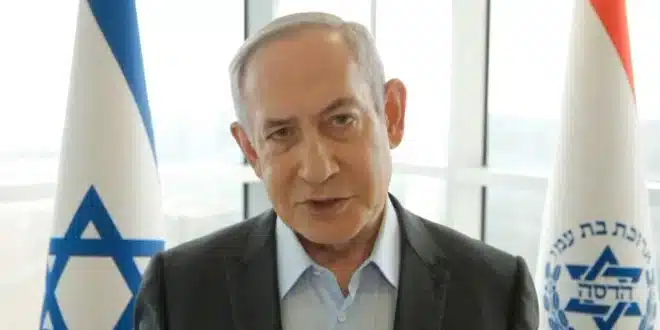The deputy leader of Hezbollah, Sheikh Naim Qassem, stated that the only guaranteed way to achieve a cease-fire on the Lebanon-Israel border is through a comprehensive cease-fire in Gaza. In an interview with The Associated Press, Qassem emphasized that if a cease-fire is declared in Gaza, Hezbollah would cease its activities without further discussion.
Hezbollah’s involvement in the conflict has been to support its ally, Hamas, but this military support would end if the war stops. However, Qassem noted that if Israel merely reduces its military operations without a formal cease-fire and complete withdrawal from Gaza, the situation at the Lebanon-Israel border remains uncertain.
Qassem’s comments come amid ongoing low-level conflict between Israel and Hezbollah, which has displaced tens of thousands on both sides of the border. This conflict has resulted in the deaths of 16 soldiers and 11 civilians in northern Israel, and over 450 people in Lebanon, primarily fighters but also including dozens of civilians.
Hamas demands a complete end to the war in Gaza, while Israeli Prime Minister Benjamin Netanyahu insists that Israel must first achieve its goals of dismantling Hamas’ military and governance capabilities and securing the release of approximately 120 hostages held by Hamas.
Last month, the Israeli army validated plans for an offensive in Lebanon if diplomatic solutions are not reached. Some Israeli officials hope to avoid war through diplomacy but warn that the devastation seen in Gaza could extend to Lebanon if conflict arises. Hezbollah, significantly more powerful than Hamas, possesses an extensive arsenal capable of striking throughout Israel.
Qassem expressed doubt that Israel is currently capable or willing to engage in a full-scale war with Hezbollah, cautioning that even a limited Israeli operation would not contain Hezbollah’s response. He hinted that Hezbollah’s response could involve its allies across the region, including groups in Iraq, Syria, Yemen, and potentially Iran, potentially escalating to a broader conflict involving the United States.
U.S. and European diplomats have been shuttling between Lebanon and Israel to prevent further escalation. Qassem mentioned his recent meeting with Germany’s deputy chief of intelligence, Ole Dieh, in Beirut. While U.S. officials do not meet directly with Hezbollah, they communicate through intermediaries.
Qassem disclosed that White House envoy Amos Hochstein had asked Hezbollah to pressure Hamas into accepting a cease-fire and hostage-exchange deal proposed by President Joe Biden, a request Hezbollah rejected. Qassem argued that Hamas should be directly addressed for such matters.
Criticizing U.S. efforts, Qassem accused the U.S. of supporting Israel’s plans to eliminate Hamas from Gaza. He suggested that a constructive deal would focus on ending the war, withdrawing Israeli forces from Gaza, and securing the release of hostages. Only then, he said, can political arrangements for Gaza and the Lebanon front be discussed.


